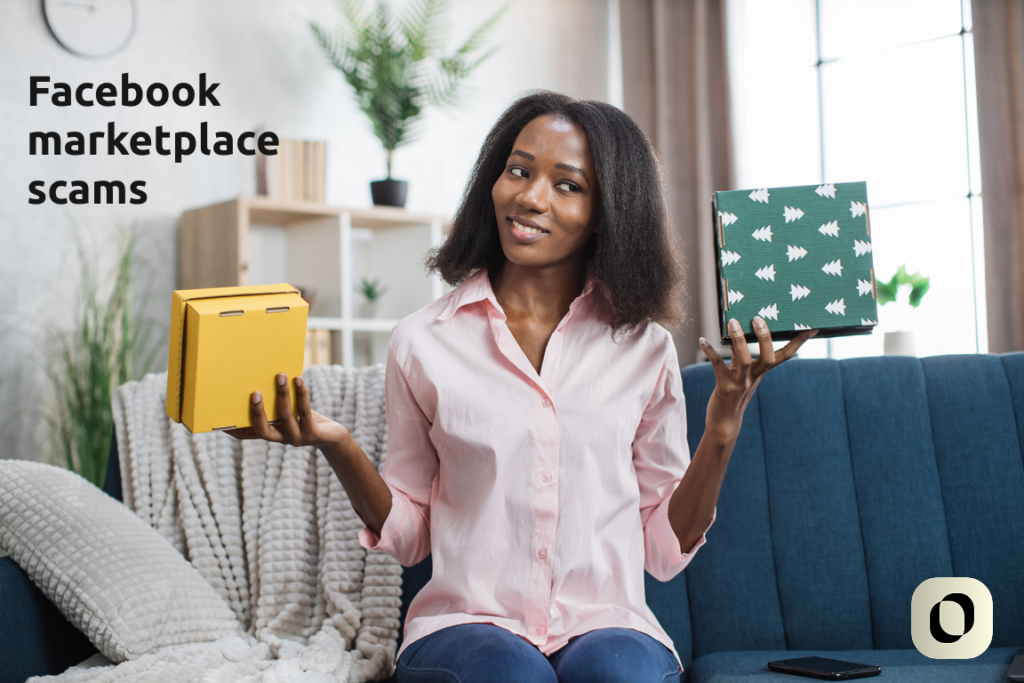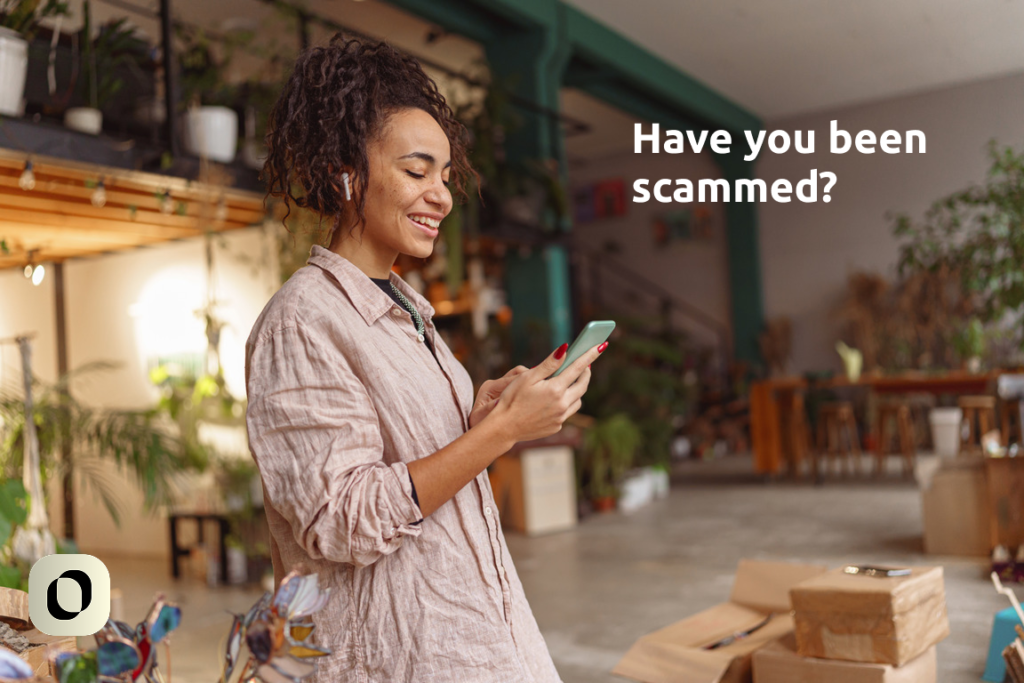I’ve been an avid Facebook Marketplace user. It’s a fast and easy way to declutter while making some extra cash. But as powerful as this platform is, scams are rampant, with many losing money or valuable items.
I nearly fell for a scam myself. I came across a listing for a free high-end camera—something that typically sells for over $1,500, especially with the lenses included. The seller claimed it belonged to her late husband and that she couldn’t bear to look at it anymore.
Once I showed interest, she revealed that she was actually in a different location than listed but was willing to ship it to me. That, ladies and gentlemen, is one of the many red flags of a Facebook Marketplace scam.
So how do you spot scams like this? And more importantly, how do you protect yourself from them?
Signs That a Listing or Buyer is a Scam
1. The Buyer Wants the Item Before Paying
While meeting in person to inspect an item before paying is fine, never agree to ship an item before receiving payment. If shipping is necessary, use an escrow service that holds funds securely until both parties are satisfied.
2. The Seller or Buyer Insists on Moving the Conversation Off Facebook
Some listings provide phone numbers, urging you to call or text instead of using Facebook Messenger. Avoid this. Keeping conversations within Facebook allows you to report suspicious activity and adds an extra layer of security.
3. Fake Payment Confirmations
Scammers may send fake emails claiming you’ve received money from PayPal, Venmo, or another payment service. How to check: Look at the sender’s email. The domain (e.g., @paypal.com) must match the real company’s website. If unsure, log into your account directly to verify

4. The “Overpayment” Scam
A scammer sends more than the asking price and asks for a refund of the excess amount. Reality: The initial payment was fake, and once you “refund” the extra money, you’ll realize there was never a real payment to begin with.
Stay vigilant, follow the tips above, and if something seems too good to be true… it probably is.
5. Suspicious Listing Photos
Only one image? A stock photo from a retailer’s website instead of actual product pictures? If a seller refuses to send additional photos, they probably don’t own the item.
6. “Too Good to Be True” Deals
If an expensive item is being sold for a fraction of its value (or given away for free), be skeptical. Scammers use emotional stories (e.g., death, divorce) to build trust and manipulate buyers.
7. New or Suspicious Accounts
A seller with a brand-new Facebook profile and no activity? 🚩🚩🚩 Check their history: Do they have marketplace reviews? Do they have real interactions with other people?
8. Fake Marketplace Ratings
A seller with a brand-new Facebook profile and no activity? 🚩🚩🚩 Check their history: Do they have marketplace reviews? Do they have real interactions with other people?

9. The “Google Voice” Code Scam
The scammer asks you to send them a six-digit code to “confirm you’re not a scammer.” Reality: They’re using this code to hijack your phone number and create fraudulent accounts in your name.
How to Protect Yourself on Facebook Marketplace
✅ Meet in a Public Place & During the Day
- Avoid meeting at night or in isolated locations.
- Some people prefer police station parking lots—a great safety measure!
✅ Stick to Cash Transactions & Use a Counterfeit Detector
- Cash is safest, but beware of fake bills. A counterfeit detector pen is a small investment that can save you big time.
✅ Test Items Before Handing Over Money
- For electronics, cars, or anything with moving parts, always test before buying.
✅ Bring a Friend
- Having someone with you discourages scammers and ensures your safety.
✅ Inspect the Seller/Buyer’s Facebook Profile
- If something feels off, trust your instincts and walk away.
✅ Never Send Money in Advance
- Scammers might promise shipping, but once the money is sent, they disappear.
What to Do If You’ve Been Scammed
Unfortunately, if you get scammed on Facebook Marketplace, your options are limited:
- If you used PayPal (Goods & Services) or another platform with buyer protection, file a dispute immediately.
- If you paid in cash, there’s little recourse—police may not prioritize small Marketplace scams.
The best defense? Prevention. Stay vigilant, follow the tips above, and if something seems too good to be true… it probably is.
Have you encountered a Facebook Marketplace scam? Share your story in the comments! Let’s help others stay safe.
Disclaimer
The information provided in this blog post is for educational and informational purposes only. While I have made every effort to ensure accuracy, scams constantly evolve, and new fraudulent tactics may emerge. Readers should use their discretion and conduct their own research when engaging in transactions on Facebook Marketplace or any online platform.
I am not responsible for any losses or damages resulting from reliance on the information provided in this post. If you suspect fraudulent activity, report it to Facebook Marketplace, your local law enforcement, or the appropriate authorities. Always prioritize safety and trust your instincts when buying or selling online.

